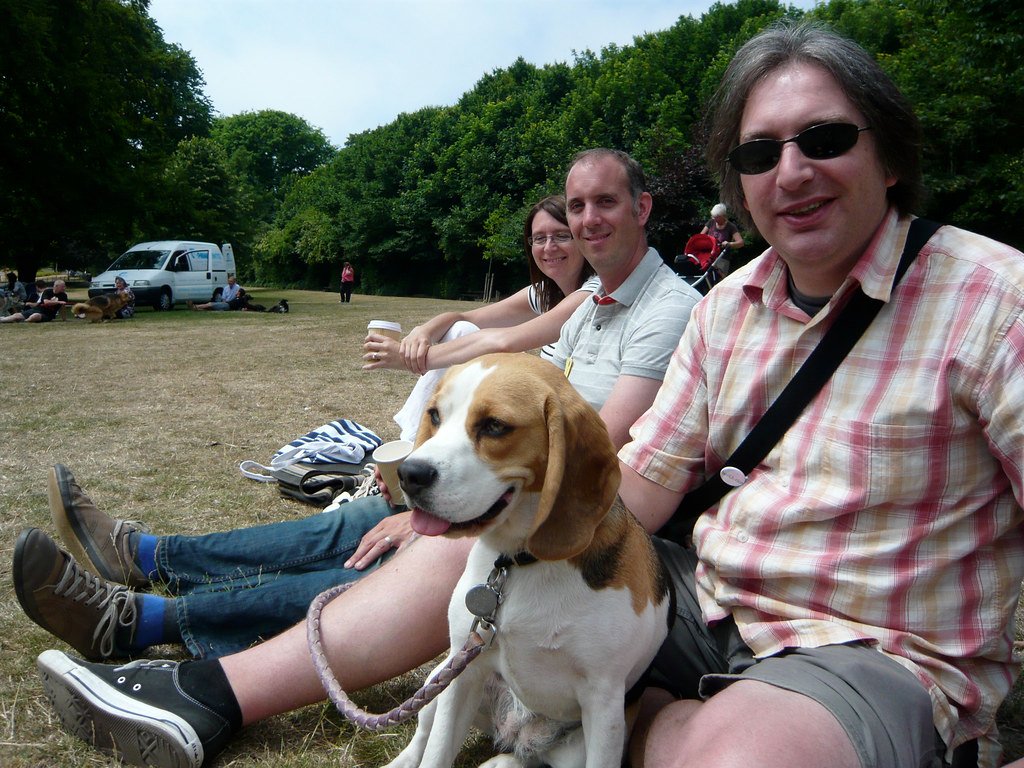Let me tell you something that might surprise you – I absolutely adore Beagles. But after years of working with countless new dog owners, I’ve watched too many fall head-over-heels for those sweet, soulful eyes, only to discover they’d bitten off more than they could chew. Those adorable, compact hounds come with challenges that can overwhelm even the most well-meaning first-time dog owner. It’s not that Beagles are bad dogs – quite the opposite. They’re incredible creatures with fascinating personalities. But they’re also living, breathing challenges wrapped in irresistible packages that new owners simply aren’t prepared for.
Their Nose Rules Everything, Including Your Training Efforts

Beagles are scent hounds and will follow their noses. This means that if your dog is off lead they need to be in a fenced in area. Picture this: you’re trying to teach your Beagle to “come” when called, but there’s a fascinating squirrel scent trail leading toward the neighbor’s garbage cans. Guess which wins? Every single time, it’s the nose.
A beagle’s instinct to follow scents can make them seem stubborn or unresponsive to commands, typically due to distraction or scent focus, inadequate training, or communication gaps. This perceived stubbornness is usually a result of their deep focus on a scent or a distraction, rather than a disregard for their owner. What looks like defiance is actually centuries of breeding kicking in, making your “simple” training sessions feel impossible.
They’re Vocal Athletes Who Never Got the Memo About Quiet Hours
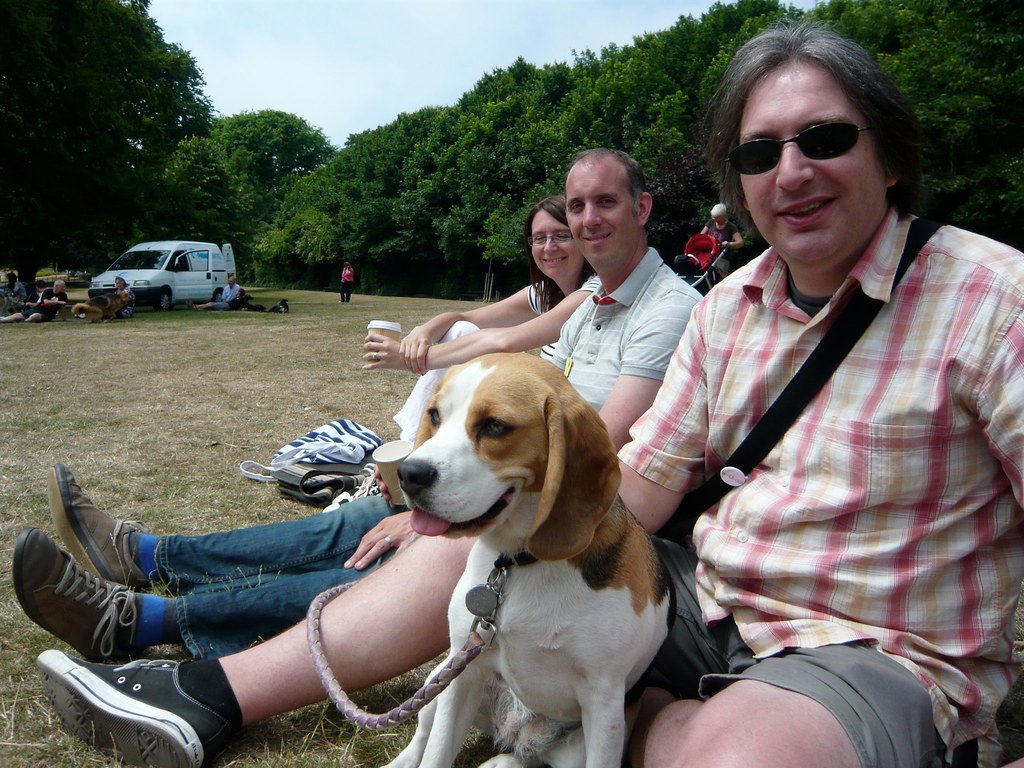
They’re Vocal Athletes Who Never Got the Memo About Quiet Hours (image credits: flickr)
Since Beagles are hound dogs, they are naturally going to be more vocal than most other breeds. This is something that potential owners should consider before bringing home this breed. If you don’t like howling and aren’t prepared for a highly vocal dog, this may not be the right breed for you. There is a reason that Beagles are not recommended for those who live in apartments.
Problems can arise if a Beagle barks at just about every living creature that he sees or encounters. Many will take watch by a favorite window, barking at every bird, squirrel, car, person and object that moves. Your neighbors probably didn’t sign up to hear the neighborhood wildlife report at 6 AM every morning, delivered in full-volume beagle bay.
Food Obsession That Borders on Comedic (If You’re Not Living With It)

Despite being a high-energy breed, obesity is very common among Beagles. Most Beagles have an insatiable appetite along with a very strong sense of smell. If allowed, most will overeat and seek out any food within reach. I’ve seen Beagles open refrigerators, scale countertops, and perform acrobatic feats that would impress Cirque du Soleil performers – all for a slice of leftover pizza.
She can open the refrigerator and will eat non-stop. We all make a concerted effort to not leave food lying around, but today, while watching my grandson and Coco, the 1.5-year-old beagle, she climbed onto the counter and pulled the eggs in their shells out of the water they were cooking in and ate them whole. New owners aren’t prepared to essentially childproof their entire kitchen and dining area.
Training Them Requires the Patience of a Saint and Strategy of a Chess Master
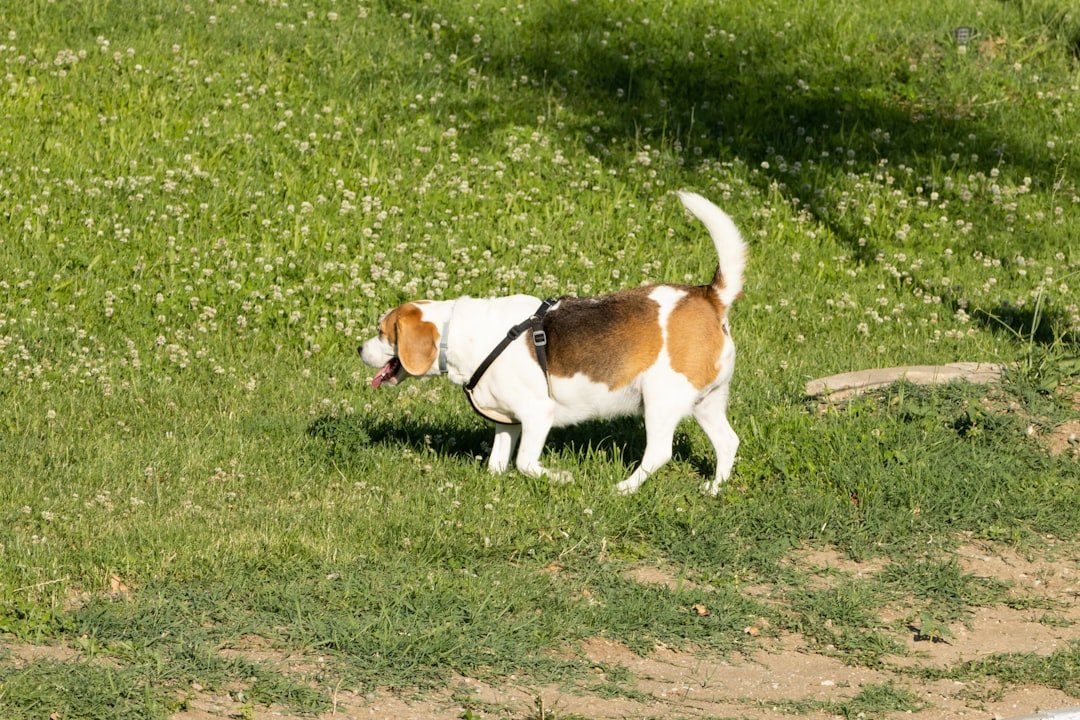
Beagles are among the most difficult canines to train because they are hunting dogs with high energy levels. Beagles belong to a dog breed known as scent hounds – they hunt by their sense of smell, not sight. That ability aids beagles in tracking down game in the wild, but it also makes them more likely to rely on their instincts rather than listen to basic commands from their dog owner.
They tend to be stubborn and distractible which can make obedience training or potty training difficult. For new beagle owners, potty training often poses one of the first significant challenges. These traits can lead to stubbornness and a tendency to follow their nose over commands, making them one of the more challenging dog breeds to train. What seems like basic puppy training becomes an exercise in advanced dog psychology.
Their Exercise Needs Can Exhaust Even Active Owners
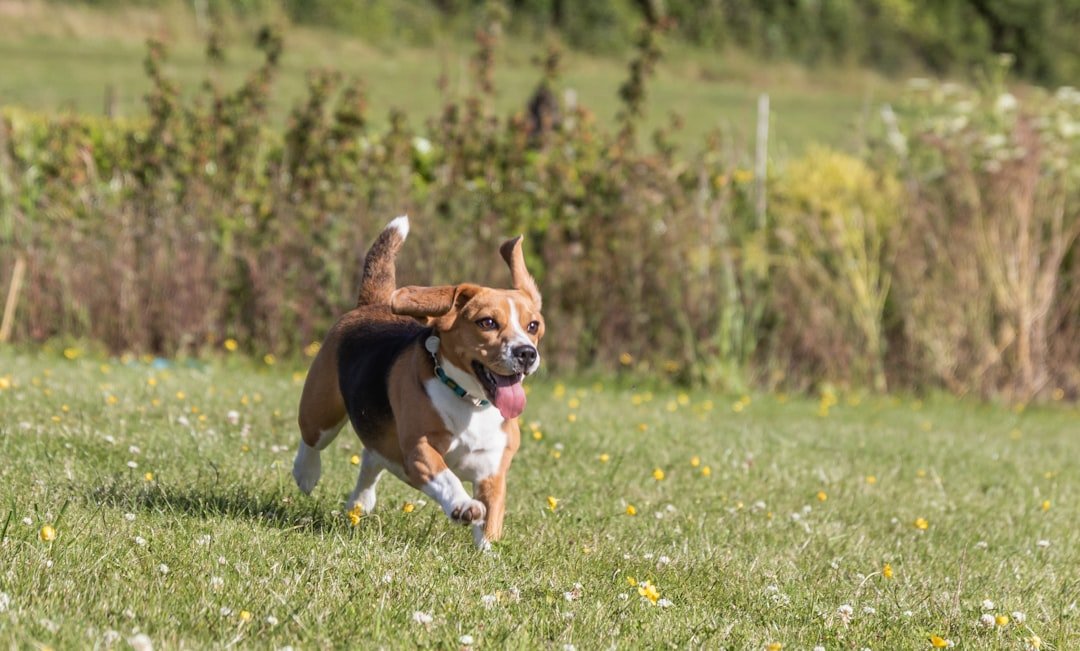
Fully grown Beagles typically need 1-2 hours of exercise a day. Watch out for signs of tiredness such as excessive panting or thirst. This isn’t just a casual walk around the block – we’re talking about sustained, engaging physical activity that mentally stimulates their hunting instincts.
New dog owners often underestimate what “high energy” really means. It’s not just physical tiredness; it’s mental exhaustion from providing the kind of stimulation that satisfies a breed designed to track scents across miles of countryside. When they don’t get adequate exercise, that energy transforms into destructive behaviors that can demolish your home faster than you’d believe possible.
They Have More Health Issues Than Many Realize

Their large noses and olfactory sensors make them excellent trackers, but these traits, along with their droopy ears, predispose them to specific health challenges, including ear infections and respiratory issues. Those adorable floppy ears that make them so photogenic also create perfect breeding grounds for bacteria and yeast.
However, studies show that 50 to 60 percent of dogs are overweight, and obesity is particularly prevalent in beagles. Obesity puts your beagle pup or your adult beagle at a higher risk for heart disease, cancer, and diabetes. New owners, already overwhelmed by training challenges, suddenly find themselves managing complex health conditions that require constant vigilance and potentially expensive treatments.
Separation Anxiety That Can Drive You (and Your Neighbors) to Distraction

Beagles are fundamentally pack dogs and don’t tend to enjoy being alone for long periods. They are happiest in the company of their owners or other pets (as long as they are properly introduced). This isn’t cute clingyness – this is full-blown emotional distress that manifests in destructive and noisy ways.
Yeah, we let the dog win, but beagle howling from 12:00 to 3:30 in the morning is not ignorable. Our house is too small to not let that ruin everyone’s sleep, and my husband has a dangerous job and I was worried he’d get hurt at work from fatigue. New owners often discover they can’t even run quick errands without coming home to a symphony of destruction and distressed howling.
They’re Escape Artists With PhD Levels in Creative Problem-Solving
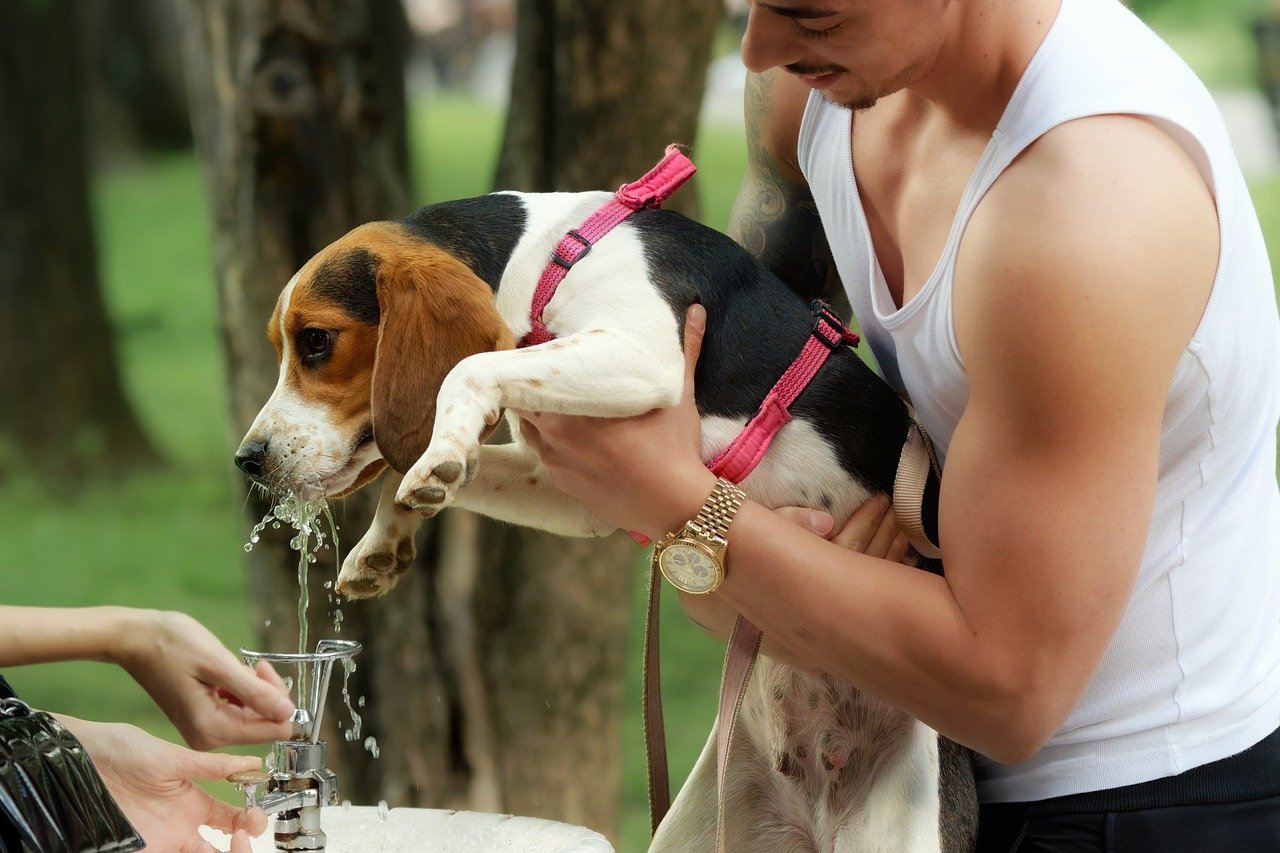
Leash training is essential for beagle owners. Sometimes walks feel more like a “sniffari” because they track scents wherever they go. This means you may spend most of your time outside standing by the same tree or zig-zagging through the neighborhood because they caught the scent of another dog out of sight.
Beagles are incredibly intelligent when it comes to finding ways out of yards, slipping leashes, and following interesting scents into dangerous situations. For beagles, not following instructions can lead to dangers such as traffic, aggressive animals, or getting lost. And for beagle parents, trying to manage a dog who’s ‘gone deaf’ to commands can be quite a challenge, especially when you’re out in public. New owners aren’t prepared for the constant vigilance required to keep these Houdini-wannabes safe.
They Have Disgusting Habits That Can Embarrass You in Public
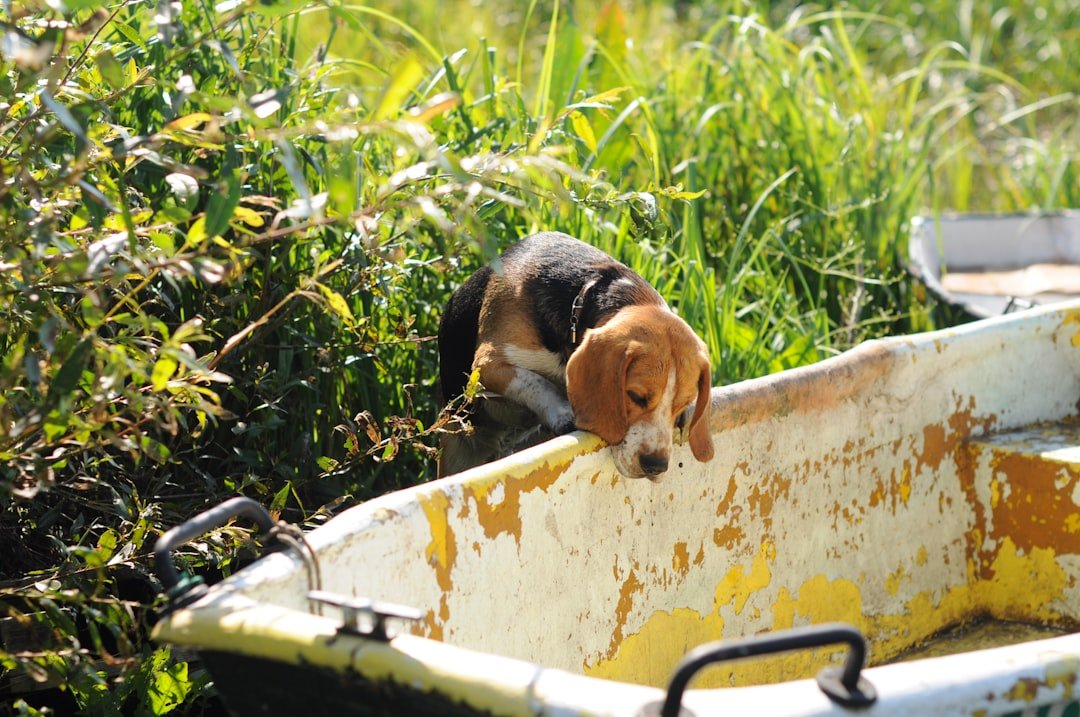
Beagles, like many dogs, may exhibit coprophagia – the act of eating feces (poop). Various causes may drive this behavior including boredom, nutritional deficiencies, environmental tidying instincts, or just the taste. Yes, you read that right – they think poop is a delicacy, and they’re not picky about whose it is.
Concerns arise if the beagle consumes feces from other animals potentially carrying diseases, or if you live with small children or vulnerable adults. Preventing beagles from eating poop is one of the most difficult challenges as a beagle owner, requiring consistent monitoring and vigilance. Nothing quite prepares new owners for the mortification of having to explain to other dog parents why their precious pup just sampled the neighborhood buffet of excrement.
The Financial Reality Check That Comes After the Cute Puppy Phase

New owners often focus on the initial cost of purchasing or adopting their Beagle, but the ongoing expenses can be staggering. Between the premium food required to manage their weight issues, frequent vet visits for ear infections and other health problems, professional training sessions to address behavioral challenges, and potential property damage from their destructive tendencies, costs add up quickly.
Consider a high quality dog food to be an investment. Dogs that are fed properly have far fewer health problems. What you spend on food is often more than made up by a decrease of vet visits over the course of your Beagle’s life. But when you’re already struggling with basic training and behavioral issues, the pressure to make all the right nutritional and healthcare choices can feel overwhelming for someone just learning the ropes of dog ownership.
Conclusion
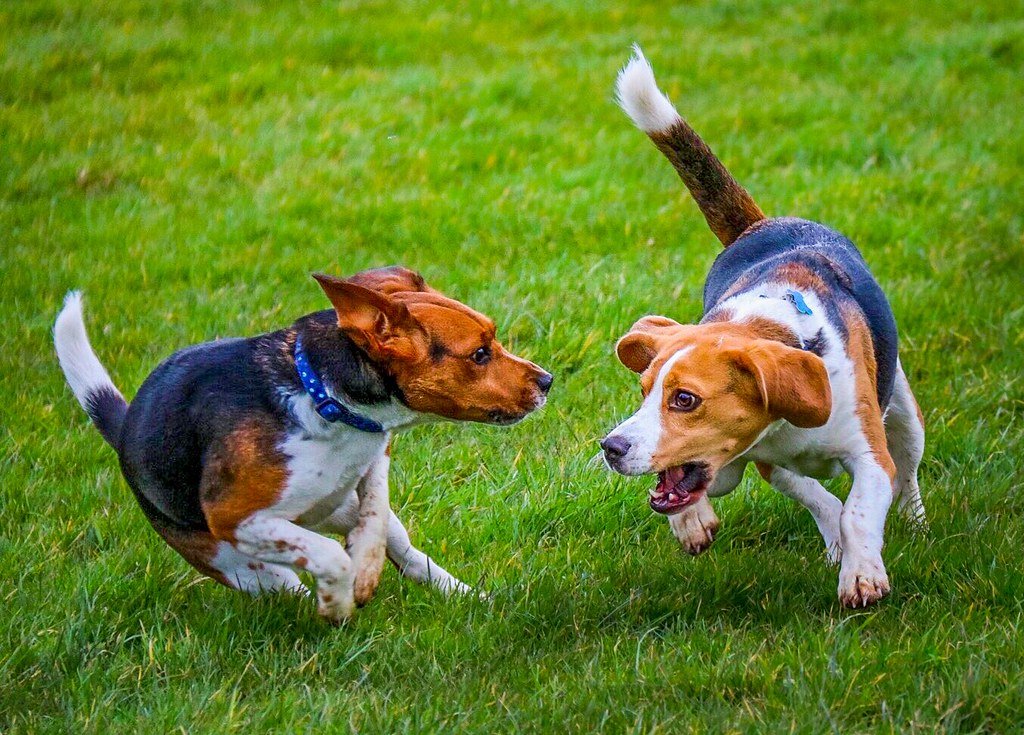
Look, I’m not trying to scare anyone away from these amazing dogs. Beagles can be absolutely wonderful companions – loyal, loving, and endlessly entertaining. But they deserve owners who understand what they’re signing up for, who have realistic expectations about the time, energy, and resources required to properly care for such an intense breed.
The sad reality is that too many Beagles end up surrendered to shelters because well-meaning first-time owners weren’t prepared for the reality of living with a scent hound. These dogs thrive with experienced owners who can appreciate their unique quirks and provide the structured environment they need to flourish. If you’re a new dog owner considering a Beagle, maybe start with a less demanding breed first, gain some experience, and then come back to these magnificent hounds when you’re better equipped to handle their beautiful chaos.
Did you realize that owning a Beagle would be more like having a furry, four-legged tornado with separation anxiety and a food addiction?
[starbox]